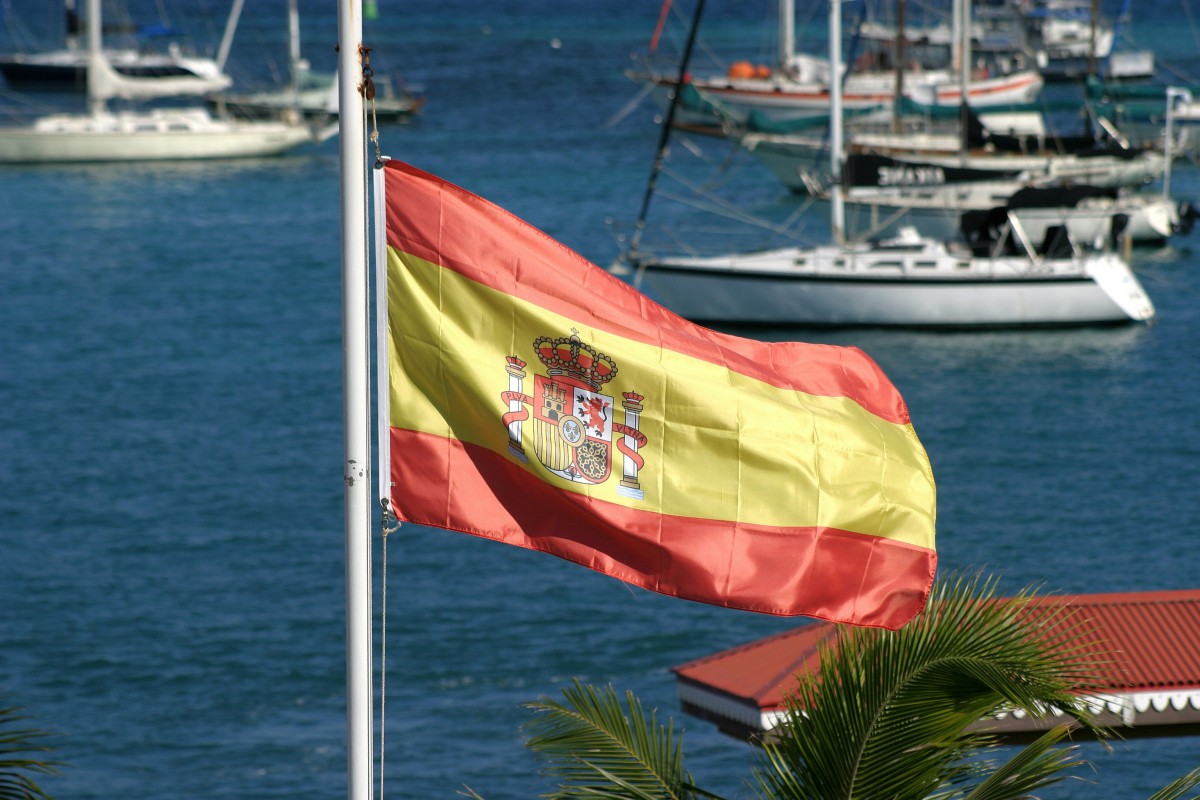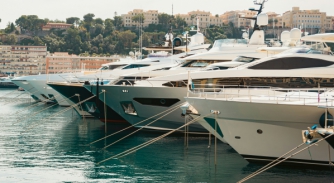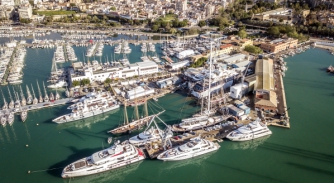Bringing legal coherence to the Spanish customs system
Miguel Ángel Serra, founding partner of Llegalley+, explains Spanish customs authorities’ new criteria for the temporary admission and sale of yachts in international waters…

Since September 2021, Spanish customs authorities have begun to accept in practice (although there is no written resolution to this purpose) that, within the framework of the Inward Processing Relief regime (IPR), the departure of a yacht beyond 12 nautical miles from the straight baselines (territorial waters) could be considered as a valid export for the discharge of the IPR regime. This practical interpretation, which was already used by other countries such as France and Italy, was a very important change for Spanish refit shipyards – of unquestionable quality – as it allowed a significant improvement in competitiveness. It means it was no longer necessary to sail to a foreign port outside the Union Customs Territory (UCT), such as Gibraltar or Algeria, to close the regime, and it also facilitated immediate re-importation into the UCT under the Temporary Admission (TA) regime.
However, for more than three years this process generated an evident regulatory dissonance: the same criterion for leaving the UCT, fully valid for the IPR, was not accepted for the TA regime, despite the fact that both regimes share an essential and common requirement: the need for the yacht to leave the UCT before the end of its corresponding authorisation period (18 months in the case of the TA regime). This difference was not only legally difficult to justify (especially in a European regulation, the highest hierarchy within the EU’s secondary law) but also caused a direct competitive penalty for Spain as a destination for the entry and operation of non-EU vessels compared to other Mediterranean countries that did apply a more flexible interpretation.
At the beginning of April this year, such practical inconsistency was finally corrected, when the customs authorities began to accept within the TA regime that the mere physical departure from Spanish territorial waters – that is beyond 12 nautical miles – is considered also valid for the discharge of the TA regime. This fulfilled the UCT abandonment requirement, allowing the yacht to re-enter the UCT under the same TA regimen for an additional maximum period of 18 months. As in the case of the IPR, no official instruction or service note has yet been issued to support this practice (which would be advisable for legal certainty purposes), but it is already an operational criterion recognised and applied by Spanish customs offices.
This change not only brings legal coherence to the Spanish customs system, aligning it with the spirit of the Union Customs Code (UCC), but also reduces unnecessary operational costs, improves logistical efficiency and puts the national yachting industry on an equal footing with most of its European counterparts. The measure corrects an asymmetry that for years was difficult to defend against both operators and international customers.
However, it is important to remember that in order for such ‘exports’ to be admissible as proof of abandonment of the UCT, they must be properly documented by means of a navigational track, AIS record, AIS screenshot, logbooks, master’s or consignee’s declaration, etc. The lack of written formalisation by the administration, although it generates some legal uncertainty, does not prevent its practical application from being effective and beneficial.
In short, this development represents progress towards a more reasonable and harmonised interpretation of the special regimes applicable to the yachting field, providing operational security to an increasingly professionalised and competitive sector at European and worldwide level.
Last but not least, the criterion of mere departure beyond 12 nautical miles from straight baselines will also be accepted as a possibility for the sale of yachts to non-EU shipowners in ‘international waters’, a benchamrk that was categorically rejected until now if aftersales documentation was not provided to prove that the vessel had arrived in a non-EU country, such as those mentioned previously. The buyer could enter immediately afterwards the UCT waters if they were eligible to use the TA regime.
If you are interested in the future of the Mediterranean in terms of marina infrastructure and refit capacity and management, The Balearic Superyacht Forum 2025 is being held on 29 and 30 April in Palma, Mallorca, where such relevant topics will be discussed. Partners and representatives from Turkey, Greece, Malta, Croatia, Montenegro, Italy, France, the UK and Spain will be attending the debate, so if you haven’t registered your place yet, please visit www.thebalearicsuperyachtforum.com and join this important event.
NEW: Sign up for SuperyachtNewsweek!
Get the latest weekly news, in-depth reports, intelligence, and strategic insights, delivered directly from The Superyacht Group's editors and market analysts.
Stay at the forefront of the superyacht industry with SuperyachtNewsweek
Click here to become part of The Superyacht Group community, and join us in our mission to make this industry accessible to all, and prosperous for the long-term. We are offering access to the superyacht industry’s most comprehensive and longstanding archive of business-critical information, as well as a comprehensive, real-time superyacht fleet database, for just £10 per month, because we are One Industry with One Mission. Sign up here.
Related news

Navigating contractual waters
Stephenson Harwood's Rebecca Crookenden and Ezio Dal Maso dissect the findings of the Winch v Somnio Superyachts ruling
Opinion

Smart Spanish tax structure brings substantial savings
Miguel Ángel Serra, founding partner of Llegalley+, reveals how it’s possible to sell a new-build vessel 20 per cent cheaper than competitors
Owner

Incredible industry input
The hot topics being explored at The Balearic Superyacht Forum 2025 on 29 and 30 April, Palma, Mallorca
Owner

Spanish mat tax and use of the yacht by the UBO
Miguel Angel Serra, founding partner of Llegalley+, on how two recent rulings provide legal clarification on the application of Spanish matriculation tax
Crew
Related news
Navigating contractual waters
2 weeks ago
Incredible industry input
1 month ago
Spanish mat tax and use of the yacht by the UBO
3 months ago
NEW: Sign up for
SuperyachtNewsweek!
Get the latest weekly news, in-depth reports, intelligence, and strategic insights, delivered directly from The Superyacht Group's editors and market analysts.
Stay at the forefront of the superyacht industry with SuperyachtNewsweek



